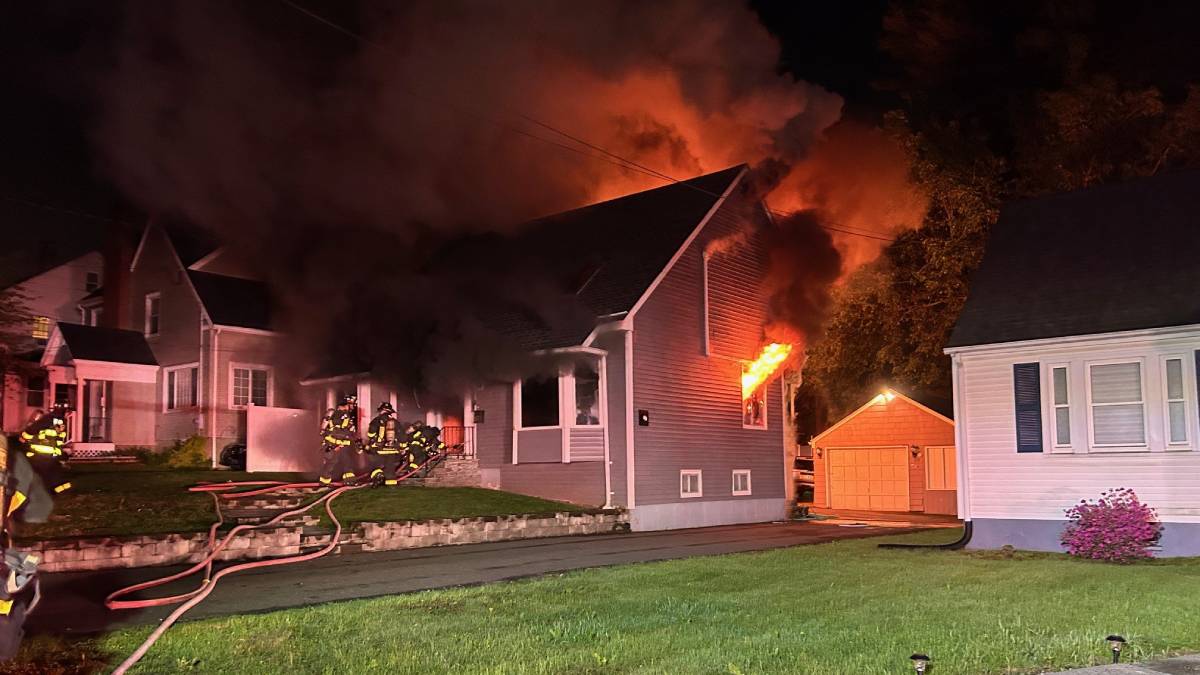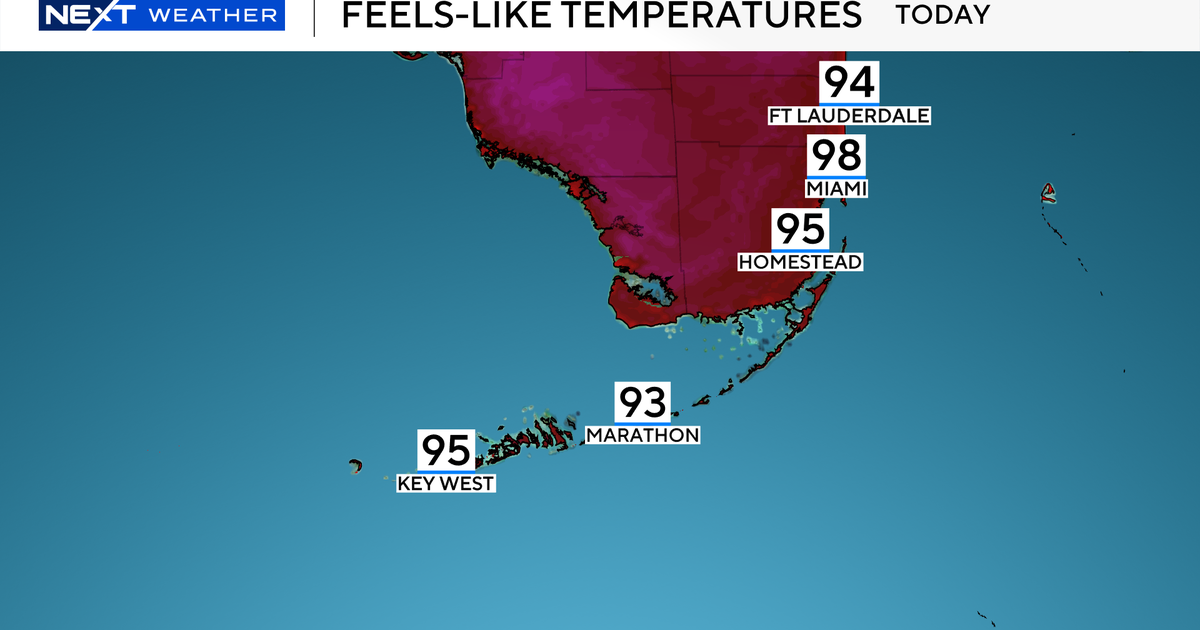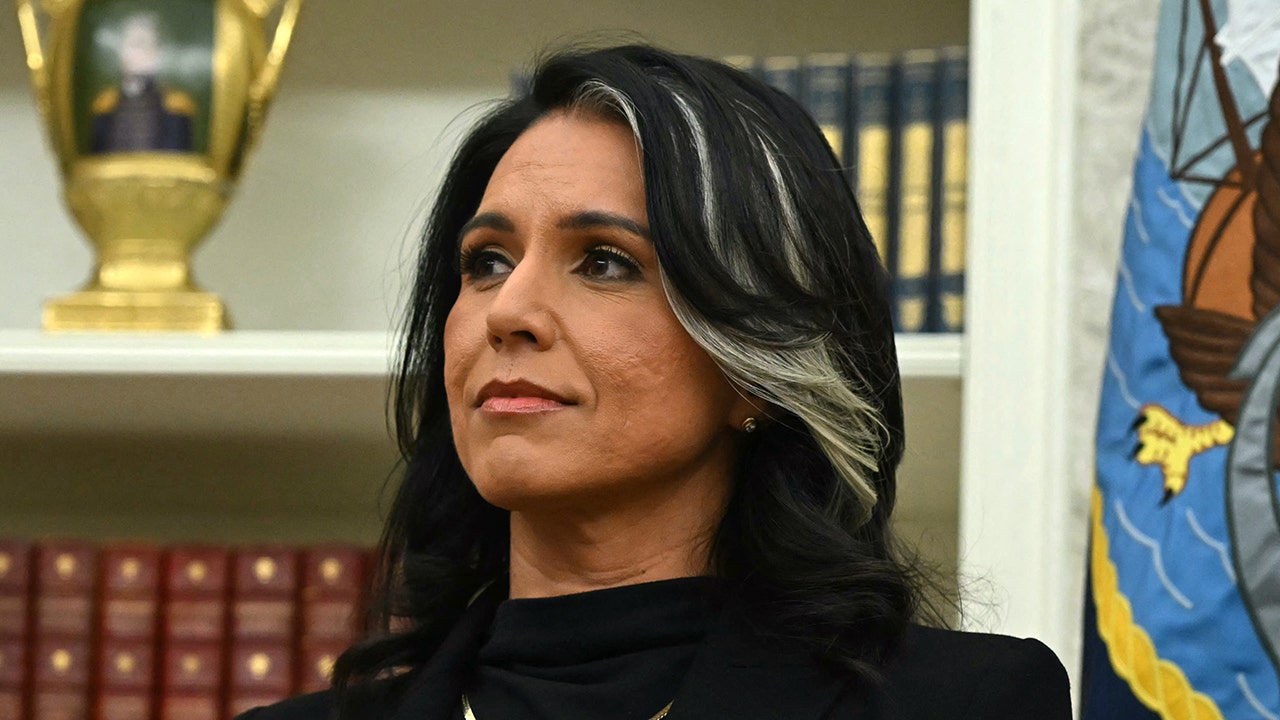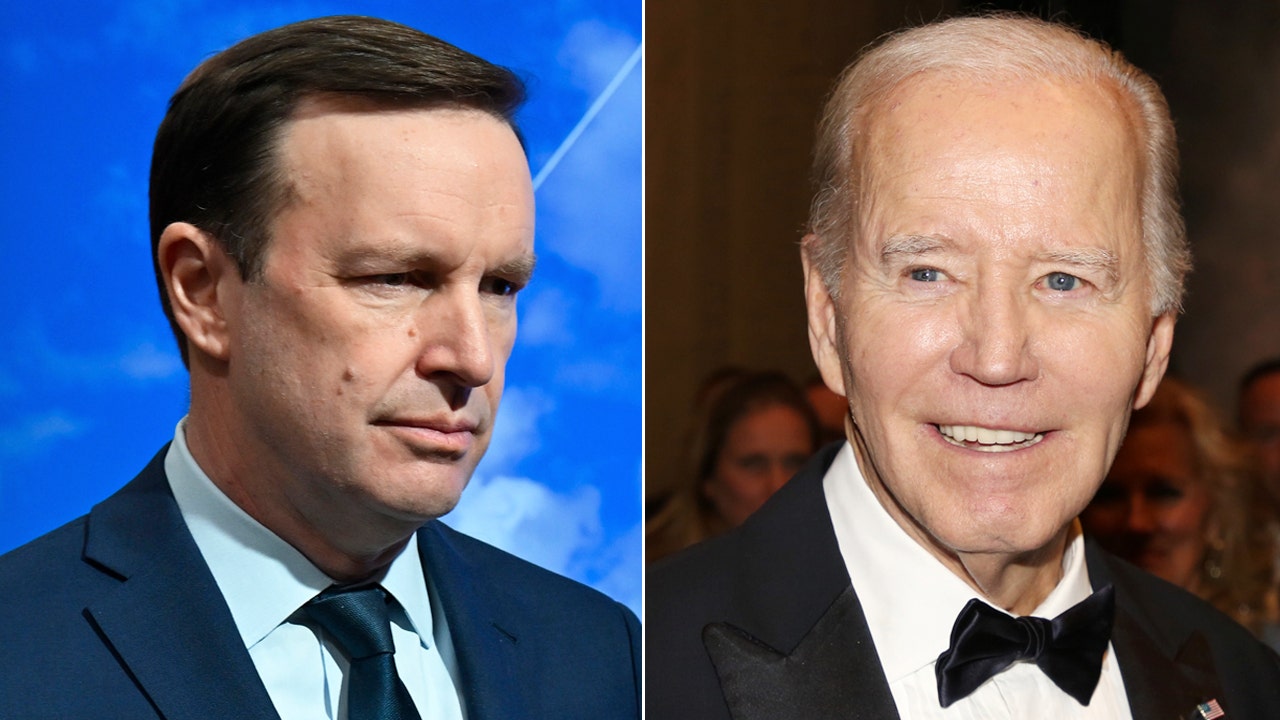New York
How Shun Lee (the Other One) Turned Into Dim Sum Bloom

Good morning. It’s Wednesday. Today we are bringing you an important update on a tempest in a green tea teapot, involving an Upper West Side Chinese restaurant that dared to call itself “Shun Lee.”
Shun Lee 98th St — the restaurant that opened earlier this year on the Upper West Side and gave rise to local debates, as well as a deep-dive in The New York Times about the emotional power a Chinese restaurant name can have in a city of Chinese food lovers — has decided to rebrand. Welcome, Dim Sum Bloom!
In a message posted on NextDoor, the restaurant alerted eaters to its decision. Under the headline “Important Announcement,” the item said, “we understand that there have been some concerns regarding our brand, which has caused inconvenience for everyone. After careful consideration and taking your opinions and suggestions into account, we have decided to change our brand name.” It went on: “The branding issue has been a significant challenge for us.”
Here’s the back story: When a sign went up last year heralding a new Chinese restaurant in a vacant storefront on the corner of West 98th Street and Broadway, Chinese food lovers on the Upper West Side rejoiced. Family group texts pinged with celebratory emojis. Community websites whetted the dumpling-craving taste buds of readers.
The sign read “Shun Lee Cafe” (though the restaurant later called itself Shun Lee 98th St), and it trumpeted the uptown arrival of one of New York’s most heralded, storied and beloved Chinese restaurants. Shun Lee Palace, which is on East 55th Street, first opened in 1971. Shun Lee West arrived on West 65th Street, near Lincoln Center, in 1981. Both restaurants have attracted celebrities, foodies and celebrants of graduations, birthdays and b’nai mitzvah.
New York has been a city for eaters for a long time, and more than a century ago, Chinese restaurants were already a staple of the city’s culinary culture among some groups. Many establishments were closed on Sundays. But the Jewish Sabbath ended on Saturday night, and some Jewish people enjoyed dining out on Sunday. Chinese restaurants were there to serve them, helping to create an enduring connection.
Shun Lee emerged as the fancy, delicious, aspirational Chinese restaurant choice for many upwardly mobile Jews in the 1970s and 1980s. Even with the advent of many more upscale fine-dining Chinese restaurants, Shun Lee has retained special status in the city.
Coming out of the lockdown days of the pandemic, New Yorkers were restaurant-starved, and they were especially new-restaurant-starved.
So an uptown Shun Lee? This was sure to be the biggest thing to happen to the Upper West Side-Chinese restaurant culinary industrial complex since Misa Chang of Empire Szechuan came up with the idea of sliding paper menus under apartment doors. (Or at least it would be as seismic as the “Seinfeld” episode when Jerry, George and Elaine grew faint with hunger as they waited endlessly for a table in a Chinese restaurant.)
Yet as excited diners made their way to the new Shun Lee, they quickly came to an unwelcome realization: It did not much resemble the other restaurants it was named for. Its décor was merely standard. Its menu lacked the signature dishes of its namesake. And the food, though solidly fine, was not necessarily up to Shun Lee snuff. The thing that most connected the O.G. Shun Lees and the new Shun Lee — well, besides the names — was the steep prices.
Turns out, the new Shun Lee had been opened by Sean Li, a man who worked as an accountant for the other Shun Lees. During the pandemic, when so many stores and restaurants were closing and rents were relatively cheap, he approached the owner of Shun Lee, a Shanghai businessman named Bin Hu, with an idea of expanding into more casual dining.
Hu agreed to partner in the venture, but before long he decided Li’s concept for a downscale Shun Lee wasn’t for him. Hu eventually sold his interest to Li but agreed last July to license the Shun Lee brand name for a one-year term.
Li thought using the Shun Lee name would be a boon, but it was a bust: It brought in diners with certain expectations.
As I reported last spring, there was a chain-reaction: A man named Danny Cramer who grew up a few blocks away and who loved Shun Lee was excited to try the neighborhood Shun Lee with his mom. They ordered in and were skeptical. The first tell (a realization that brought profound disappointment to Cramer): There was no “Chicken With Three Different Nuts” dish on the menu. He and his mother made other selections but were underwhelmed by their meal.
Cramer wanted to call to complain, but when he looked up the number on the Shun Lee website, the West 98th Street location was not listed. So he called Shun Lee on West 65th Street. The person who answered the phone told him that the new Shun Lee had pirated the name and that the O.G. Shun Lee was consulting lawyers.
Mind you, the implication that O.G. Shun Lee might sue was not true — the new Shun Lee had the legal right to use the name — but Cramer only knew what he had been told.
And so he alerted another person he knew from the neighborhood, Claudia Brown. Brown also had had a disappointing experience with Shun Lee 98th St, and she felt a responsibility to make what Cramer had told her more widely known. She sent a tip to The West Side Rag, a community online newspaper. The subject line was “Shun Lee 98th St — A FAKE.” The Rag published a story.
Again, the restaurant wasn’t a fake, it was a licensee. And to prove the point, Li and his team blew up his licensing agreement to poster-size and put it in his restaurant window.
Then someone saw the giant legal document and alerted me. That’s how Chinese restaurant journalism gets born.
Perhaps it’s also how new restaurants are born.
In the announcement posted about its new name, Dim Sum Bloom’s team wrote, “Our initial intention was to carry on the Chinese culinary culture of Shun Lee in an innovative way. However, we encountered significant obstacles as people perceive and love Shun Lee as a high-end Chinese restaurant brand, expecting an upscale dining environment.”
So Dim Sum Bloom removed itself from the long shadow of Shun Lee. “We remain committed to our original intention and hope to bring more delicious Chinese cuisine to everyone by developing our new brand!”
Weather
Enjoy a mostly sunny day with temps reaching the high 80s. At night it is partly cloudy, with temperatures in the low 70s.
ALTERNATE-SIDE PARKING
In effect until Aug. 15 (Feast of the Assumption).
The latest New York news
-
Cloudy with a chance of hot dogs: Joey Chestnut and Miki Sudo defended their Nathan’s Famous Hot Dog Eating Contest titles, but the spectacle was less about the victors, and more about the journey, which this year included torrential rain.
-
Basketball in the Bronx: Grenada Built to Win, the summer youth-basketball league at Edenwald, the largest public housing complex in the Bronx, began its 11th season in June.
METROPOLITAN diary
Seen on the F
Dear Diary:
When my husband and I were first dating, I invited him to “cabaret night” at the new restaurant some college friends had opened on the Lower East Side.
We were on a comfortably full F train when a youngish guy in a letterman jacket recognized my future spouse and broke into a grin.
“Dude,” the young guy said, beaming, “you were so great as that detective in ‘The Mask’!”
My future spouse smiled and thanked him.
We pulled into the Delancey Street-Essex Street station and lost the guy in the crowd as people surged off the train and up the stairs.
We reached the curb above just as the “Don’t Walk” sign began the countdown to “Walk” — a blessed moment to catch our breath.
I gave my future husband’s hand a squeeze.
“Guess he was a little young to realize you were also the Pickle Man,” I said.

New York
Two Men’s Fight to Protect the Geese at the Central Park Reservoir

Whether goslings live or die at the Central Park Reservoir could be up to two 70-something, nature-loving men who first crossed paths there this winter.
Edward Dorson, a wildlife photographer and regular visitor to the reservoir, learned in 2021 that federal workers were destroying the eggs of Canada geese there as part of a government safety program to decrease bird collisions with airplanes. He tried to stop it.
He reached out to animal rights organizations and wrote letters to various government agencies. He got nowhere.
Then in December, he met Larry Schnapf, a tough-talking environmental lawyer, who spotted Mr. Dorson admiring the birds and introduced himself. Mr. Dorson told him about the nest destruction. Mr. Schnapf, in his 40-year legal career, had mostly focused on redeveloping contaminated properties but had picked up the occasional pro bono passion project. “I told him I take on quixotic pursuits,” Mr. Schnapf said.
Now, they are teaming up to protect the eggs of a small population of Canada geese that nest around the reservoir, a popular attraction for joggers and bird watchers. The battle will undoubtedly be uphill: They are lobbying multiple government agencies during a fraught time in aviation where bird strikes are one of many concerns, on behalf of a bird often described as a nuisance because of its honking cries and the droppings it leaves on lawns, parks and golf courses.
The men say they appreciate the importance of protecting planes. But they are seeking to exempt the Central Park Reservoir from the egg destruction program so that it can serve as a sanctuary for the nesting geese. They argue that Central Park is far enough from the area’s airports that the geese do not pose a major problem.
Mr. Schnapf said he plans to send a cease-and-desist letter to the Port Authority of New York and New Jersey, which oversees five major airports in the region, including Kennedy International Airport, Newark Liberty International Airport and LaGuardia Airport. The agency works with an arm of the U.S. Department of Agriculture on the safety program. “I think this is all unlawful,” he said. “These are protected animals.”
Port Authority officials did not comment on the advocacy plans of the two men. But they stressed that government efforts like those underway in Central Park were part of creating safer conditions for air travel.
“Managing wildlife risks — especially from resident Canada geese — near our airports is a life safety imperative and essential to maintaining safe operations,” said Laura Francoeur, the Port Authority’s chief wildlife biologist.
Although Canada geese are protected under the Migratory Bird Treaty Act, authorities have obtained a waiver to control the population. The birds, which can weigh as much as 19 pounds and have a wingspan up to 5.5 feet, according to the Cornell Lab of Ornithology, can get sucked into plane engines and bring an aircraft down.
Between 2008 and 2023, there were 451 aviation accidents involving commercial aircraft in the United States, with a total of 17 caused by bird strikes, producing five injuries and no fatalities, according to the National Transportation Safety Board.
New York City tightened its grip on Canada geese in 2009, after a collision with a flock caused US Airways Flight 1549, piloted by Chesley B. Sullenberger III, to lose both its engines shortly after it took off from LaGuardia. The plane was forced into an emergency water landing in what is now commonly known as the “miracle on the Hudson.”
The event prompted the Port Authority to ask the Department of Agriculture for help. In 2010, federal wildlife workers took on the management of Canada geese populations within seven miles of the city’s major airports, including in city parks.
Mr. Schnapf calls the current rules an overreach, since Federal Aviation Administration guidelines call for wildlife management only within five miles of airports. A Port Authority spokeswoman said the agency honors all federal regulations, including addressing wildlife hazards within five miles of airports. But she added that the agency will often go beyond that radius when specific threats arise.
Data from the F.A.A. shows that Canada geese strikes at LaGuardia and Kennedy Airports have remained consistent over the last two decades, with between zero and four instances per year.
Canada geese thrive in people-friendly landscapes, and their population has boomed throughout North America over the last four decades. Many geese have become so comfortable in parks and other green spaces, like the reservoir, that they have stopped migrating, becoming year-round residents.
There are about 228,000 resident Canada geese in New York State, up from 150,000 in 2002. The state’s Department of Environmental Conservation would like to see that number shrink to 85,000.
The two men fighting for the Central Park Reservoir’s resident geese were both born in the Bronx, are similar in age and diet (one is a vegetarian, the other a vegan). But the similarities more or less end there.
Mr. Dorson, 77, an accomplished underwater photographer and conservationist with a background in the arts, is a soft-spoken lover of hard-to-love animals — he helped start a shark sanctuary in Palau, in Micronesia. Mr. Schnapf, 72, is a fast-talking, fast-acting networker who is not afraid to make noise.
“I told Ed,” he said, “you’ve got to rattle the bureaucracy.”
Mr. Dorson and Mr. Schnapf are hoping to meet with officials from the Port Authority, the Central Park Conservancy and the city’s Department of Environmental Protection, which oversees the reservoir, among other decision makers.
”All we’re trying to do is get them to talk to us, so we can come up with a plan so at least some of those eggs can be hatched,” Mr. Schnapf said.
Mr. Dorson admitted that, right now, “I don’t see too many people like me who are worried about the geese.”
“But maybe 10 years from now, when there are no geese here, then people might feel the loss,” he said. “I’d like to change that.”
New York
Outside Official Will Take Over Deadly Rikers Island Jail, Judge Orders

A federal judge overseeing New York City’s jails took Rikers Island out of the city’s control on Tuesday, ordering that an outside official be appointed to make major decisions regarding the troubled and violent jail complex.
The judge, Laura Taylor Swain, said in a 77-page ruling that the official would report directly to her and would not be a city employee, turning aside Mayor Eric Adams’s efforts to maintain control of the lockups. The official, called a remediation manager, would work with the New York City correction commissioner, but be “empowered to take all actions necessary” to turn around the city’s jails, she wrote.
“While the necessary changes will take some time, the court expects to see continual progress toward these goals,” Judge Swain wrote.
The order comes nearly a decade after the city’s jails, which include the Rikers Island complex, fell under federal oversight in the settlement of a class-action lawsuit. The agreement focused on curbing the use of force and violence toward both detainees and correction officers. A court-appointed monitor issued regular reports on the persistent mayhem.
New York City has held onto its control of Rikers with white knuckles — struggling to show progress and reaching the brink of losing oversight of the jails as critics of the system have called for a receiver. Conditions have not improved, according to lawyers for the plaintiffs and the federal monitor.
The city’s jail population has grown to more than 7,000 from a low of about 4,000 in 2020. And in the first three months of this year, five people died at Rikers or shortly after being released from city custody, equaling the number of detainees who died in all of 2024.
In a statement, lawyers from the Legal Aid Society and Emery Celli Brinckerhoff Abady Ward & Maazel, which represent detainees, said they commended the court’s “historic decision.”
“For years, the New York City Department of Correction has failed to follow federal court orders to enact meaningful reforms, allowing violence, disorder and systemic dysfunction to persist,” said Mary Lynne Werlwas and Debra Greenberger. “This appointment marks a critical turning point.”
The remediation manager will be a receiver in all but name. The official will be granted “broad powers” as plaintiffs had asked, Judge Swain wrote, but will also develop a plan for improvement in concert with the correction commissioner.
Such arrangements are the last resort for a troubled jail or prison. Since 1974, federal courts have put only nine jail systems in receivership, not counting Tuesday’s Rikers order.
The ruling was another blow for Mr. Adams, who is fighting for his political life after the Trump administration dropped corruption charges against him so that he could assist with its deportation efforts. Many of his confidants have also faced investigations, he is on his fourth police commissioner and his approval ratings have hit historic lows.
Now, the mayor, a former police captain, has lost most control of an institution that employs about 5,000 people represented by the Correction Officers’ Benevolent Association, a union that has been a bastion of political support.
On Tuesday, even as prisoners rights organizations and some of Mr. Adams’s campaign opponents celebrated, the mayor disputed whether Judge Swain’s order constituted a receivership and painted it as a benefit.
“The problems at Rikers are decades in the making,” he said. “We finally got stability.”
In a statement, Benny Boscio, president of the correction officers’ union, said that Judge Swain’s order had preserved the right to representation and collective bargaining, and he made clear that the guards must be reckoned with.
“The city’s jails cannot operate without us,” he said. “And no matter what the new management of our jails looks like, the path toward a safer jail system begins with supporting the essential men and women who help run the jails every day.”
New York City has spent more than $500,000 per inmate annually in recent years, according to city data, well beyond what other large cities have spent, and yet detainees still sometimes go without food or proper medical care.
A New York Times investigation in 2021 found that guards are often stationed in inefficient ways that fail to protect detainees. And although the jail system has consistently been the most well-staffed in the United States — there is roughly one uniformed officer for each inmate at Rikers, according to city data — an unlimited sick leave policy and other uses of leave have meant that there are too few guards present to keep inmates safe.
The class-action lawsuit that led to the takeover, known as Nunez v. City of New York, was settled in June 2015 and required that the jails be overseen by a court-appointed monitor who would issue regular reports on conditions there but would wield no direct power to effect change.
Through those reports, Judge Swain was given an extensive history of the cyclical nature of the jail system’s problems. Through the administration of two mayors and several correction commissioners, the jails continued to devolve, according to prisoners’ rights advocates and the monitor’s reports. In November, the judge found the city in contempt for failing to stem violence and excessive force at the facility, which is currently run by Correction Commissioner Lynelle Maginley-Liddie.
Over the years, the city has argued that the Department of Correction has made progress, even as Judge Swain issued remedial orders and the monitor and prisoners’ advocates pointed to backsliding.
In 2023, Damian Williams, then Manhattan’s top prosecutor, joined calls for the appointment of an outside authority to take control of Rikers, saying that the city had been “unable or unwilling” to make reforms under two mayors and four correction commissioners.
On Tuesday, Jay Clayton, whom President Trump appointed last month as interim U.S. attorney, said Judge Swain’s decision was a “welcomed and much needed milestone.”
In a 65-page opinion last year, Judge Swain said that the city and the Department of Correction had violated the constitutional rights of prisoners and staff members by exposing them to danger, and had intentionally ignored her orders for years. Officials had fallen into an “unfortunate cycle” in which initiatives were abandoned and then restarted under new administrations, she wrote.
An inability to operate independently of politics is what has kept Rikers from turning around, said Elizabeth Glazer, the founder of Vital City and a former criminal justice adviser under Mayor Bill de Blasio.
“Every new administration, there’s a reset,” she said. “Every new crisis, there’s a reset.”
Last year, Judge Swain ordered city leaders to meet with lawyers for prisoners to create a plan for an “outside person,” known as a receiver, who could run the system.
The parties met in recent months to try to reach an agreement, in deliberations overseen by the federal monitor, Steve J. Martin. He told the court that the parties and his team had been “actively engaged” in discussions.
In the end, the sides submitted dueling proposals.
The Legal Aid Society and a private law firm representing incarcerated people argued that the court should strip the city of control and install a receiver who would answer only to the court. The receiver should be given broad power to make changes, they proposed, including with regard to staffing and union contracts that govern it.
The receiver, they said, could “review, investigate and take disciplinary or other corrective or remedial actions with respect to violations of D.O.C. policies, procedures and protocols” related to the court order.
In its plan, the city offered to give Ms. Maginley-Liddie dual roles by adding the title of “compliance director” to her responsibilities. The city proposed that she answer to the court on issues related to the consent decree, such as safety and staffing shortages, while answering to the mayor on everything else.
However, the city has had a “a multitude of opportunities” to improve its management of the jails and has “proven unable or unwilling to take advantage of those opportunities,” said Hernandez D. Stroud, a senior fellow at the Brennan Center for Justice at the New York University School of Law.
“Judge Swain was left no other choice,” he said.
Emma G. Fitzsimmons contributed reporting.
New York
‘A World-Wise Waitress Came to the Table and Scoped Out the Group’

Initiation
Dear Diary:
It was the early 2000s. I had been resisting my friends’ invitations to join them in a night of dancing at one of those only-in-New-York, late-night parties held in the kind of dark, crowded clubs that were tucked into quiet streets along the Hudson River at the time.
Intense, sweat-soaked group experiences like that didn’t appeal to me.
At some point, I gave in and spent six hours one night dancing as hard as I possibly could. It was magic. I had found my tribe.
As the early spring morning broke over Manhattan, seven of us left the club together, footsore, sweaty, exhilarated and exhausted, and then settled in for breakfast at a nearby diner.
I felt as if I had been initiated, let into the heavy rites of a secret fraternity. I was now one of those guys.
A world-wise waitress came to the table and scoped out the group.
“Oh, puppy!” she said. “Puppy! What happened to you? Did you get off the porch and play with the big dogs?”
I nodded.
“Don’t say a word,” she said. “I know just what you need.”
She took the other six orders and went to the kitchen. She returned a few minutes later, bringing me a mound of scrambled eggs, several strips of bacon, a toasted bagel and a big glass of cranberry juice.
It was best breakfast of my life.
— Gary Clinton
Tiramisu
Dear Diary:
He slid the oval dish toward us, a perfectly clean column of cream waiting at the edge of the plate, an arrow made of ladyfingers and mascarpone pointed directly at our hearts.
Befuddled, we looked at him, then at the bartender’s face, which evolved from confusion to adoration.
“Here,” said the stranger I had been shoulder to shoulder with as we ate an Italian supper on a Saturday night in Carroll Gardens. He gestured toward his plate of tiramisu (well, our plate of tiramisu). “You try it.”
Just a few minutes before, I had gestured toward the plate with my eyes while craving it under my breath to my friend.
The two of us had shared a regretful, longing glance: We should have gotten dessert. Now, we were being offered the last bite of someone else’s.
I was almost afraid to ask the bartender for a spoon. Was this kind of sharing allowed?
Before I could think too hard, shiny silver spoons were resting on the counter, then caressed in our hands, then sinking into the custard with an Olympic diver’s grace, and then, satisfyingly, into our open mouths.
It turned out the owner’s father came into the place every morning and made the tiramisu by hand.
— Jordana Hope Bornstein
Isn’t It Delicious?
Dear Diary:
Marilyn, you’re dead, but I am alive
Standing on a subway grate
Your subway grate
On the southwest corner
Of 52nd and Lexington
There are no signs of any sort
No indication of commemoration
Drip, Drip, Drip, raindrops
Zoom, Zoom, Hustle & Bustle
New York’s in motion
While I stand soaked, remembering
The poems you used to write
I loved the one about the bridges
I’ve read it at gigs
It always gets a big response
Marilyn, you’re dead, but I’m alive
Issuing a reminder
So you can remember
You are not going alone
— Danny Klecko
Sunshine Boy
Dear Diary:
It was spring 1975. I was 23 and had been in New York for less than six months. I was working as a secretary at Artkraft Strauss, and “The Sunshine Boys” was filming around the corner.
During one lunch hour, Walter Matthau appeared in a shabby overcoat. Gathering all of my courage, I asked him for an autograph.
Almost smiling, he asked my name.
I panicked. Should I ask for two autographs? Would that be too much? I decided not to risk it.
“Oh, it’s not for me,” I said. “It’s for my mother, Ruth.”
Giving his best scowl, he scribbled a line and stomped off.
My mother still had that autograph when she died 13 years ago. I have it now.
— Amanda Sherwin
Tumbling
Dear Diary:
My husband and I were in New York to see “Good Night and Good Luck,” and I had gotten done up for the occasion: dress, hair, makeup, jewelry, a stunning but impractical white coat and an infrequently worn pair of kitten heels.
As we walked to the theater, the promise of spring was in the air, and I was feeling upbeat. I was gliding along. The next thing I knew, I was tumbling in slow motion onto the dirty pavement at Broadway and 44th Street.
My coat and my ego were a bit tarnished as my husband rushed to help me up. To my surprise, two young men also stopped to help.
As I turned to thank them, one of them smiled.
“Hon,” he said, “it was totally worth it! Those shoes are fabulous.”
— Suzanne Schneck
Read all recent entries and our submissions guidelines. Reach us via email diary@nytimes.com or follow @NYTMetro on Twitter.
Illustrations by Agnes Lee
Do you have a tale of a memorable experience that involved a New York City restaurant? Please submit it below or share it in the comments. While you’re there, join the conversation.
-

 Austin, TX6 days ago
Austin, TX6 days agoBest Austin Salads – 15 Food Places For Good Greens!
-

 Technology1 week ago
Technology1 week agoBe careful what you read about an Elden Ring movie
-

 Technology1 week ago
Technology1 week agoNetflix is removing Black Mirror: Bandersnatch
-

 World1 week ago
World1 week agoThe Take: Can India and Pakistan avoid a fourth war over Kashmir?
-

 News1 week ago
News1 week agoReincarnated by A.I., Arizona Man Forgives His Killer at Sentencing
-

 News1 week ago
News1 week agoJefferson Griffin Concedes Defeat in N.C. Supreme Court Race
-

 Health1 week ago
Health1 week agoN.I.H. Bans New Funding From U.S. Scientists to Partners Abroad
-

 News1 week ago
News1 week agoWho is the new Pope Leo XIV and what are his views?















